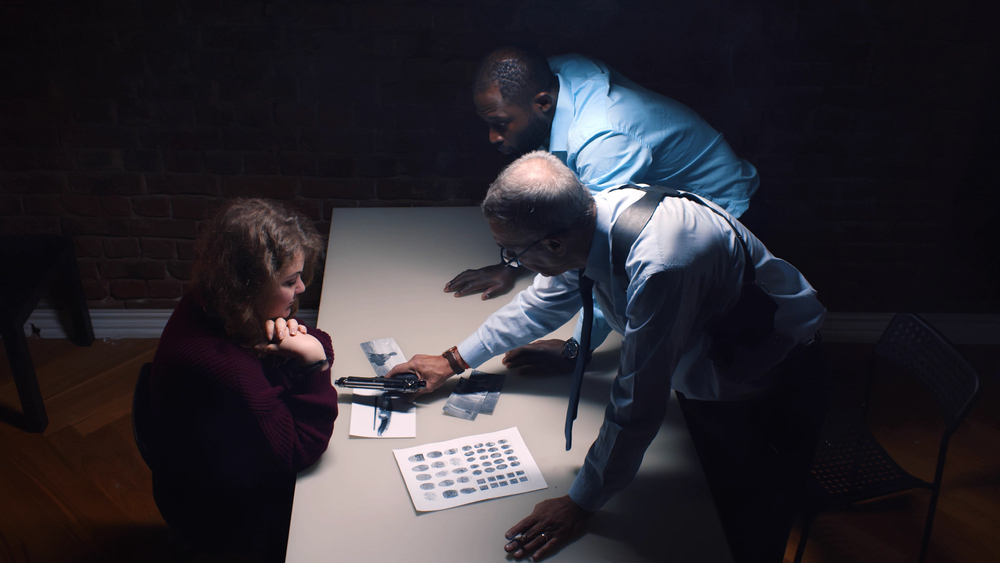
How Common Are False Confessions?
If someone confesses to a crime, that means they did it, and we can lock them up and close the case, right? Unfortunately, that’s not always true. False confessions occur more frequently than most people believe, putting innocent people at threat of being imprisoned – sometimes for the rest of their lives.
Just how common are false confessions and what can we do about this phenomenon?
What Is a False Confession?
A false confession is a confession to a crime that the confessor did not commit. This can happen in a variety of different circumstances, and for different reasons. As we’ll see, one of the most common motivations is pressure from interrogators; if police officers bully you into confessing, or put you in conditions that render you unable to think straight, you may end up confessing to something you didn’t actually do.
While it’s tempting to think that you, personally, would never confess to a crime you didn’t commit, the reality is, we’re all vulnerable to making mistakes and irrational decisions when we’re in a tough environment – especially one without representation or support. That’s one reason why it’s so important to hire a criminal defense attorney if you’ve been arrested under suspicion of committing a crime.
“Usually, false confessions happen when a suspect doesn’t have a lawyer present,” says Rowdy Williams, a criminal defense attorney. “Lawyers are there to represent and advise their clients, and any competent lawyer, in most situations, will advise their client not to confess to a crime they didn’t commit.”
A false confession, despite having no basis in truth, can still lead to your imprisonment. This makes the consequences of a false confession quite steep.
False Confession Occurrence Rates
Surely, this doesn’t happen often. We’ve all seen examples of false confessions in TV shows and movies, but how often does this really happen in real life?
The short answer is that it happens more than you expect. According to FalseConfessions.org, through extrapolation of data from the Innocence Project, we can estimate that about 50,000 imprisoned men and women in the United States are there because of false confessions.
It’s hard to come up with a concrete estimate for several reasons. The most notable reason is that, by definition, we usually don’t know that a confession is false. If a person insists that they did a crime, if they’re convicted of that crime, and if they’re currently serving time for doing that crime, how are we supposed to know that their confession isn’t true? This is especially difficult to sort out, given the number of people who provably committed crimes, yet continue to insist on their own innocence.
Still, there are enough examples of false confessions that we know it does happen with some degree of regularity.
Why False Confessions Happen
As you sit comfortably and peacefully, reading this article at your leisure, it’s easy to dismiss people who give false confessions as naive or idiotic. But the truth is, every one of us is vulnerable to giving a false confession.
These are just some of the reasons:
- Unethical interrogation techniques. Ethically questionable interrogation techniques are arguably the biggest factor responsible for false confessions. Police officers may isolate you from other people, refuse to tell you details of what’s happening around you, threaten you with steep consequences for whatever they think you did, and aggressively interrogate you, forcing you into giving you seemingly contradictory details. After several hours of harsh interrogation, and no line of support, you could be pushed to confess to almost anything.
- Lies from police officers. It doesn’t help that police officers are legally allowed to lie to you. They may tell you that if you confess, they’ll let you off easy (even if they have no authority to do this). They may tell you that someone close to you incriminated you in some activity. They may tell you that they have footage of you committing the crime. These things may not be true, but they may sound true coming from an authority.
- Vulnerable people. Again, anyone could potentially give a false confession under the right circumstances, but some people are more vulnerable than others. Particularly young people, people with developmental disabilities, and people who are exceptionally trusting or naive are exceptionally more likely to give false confessions.
- Lack of representation. All of these issues, and more, can be mitigated by a good lawyer who has their client’s best interests in mind. It’s not surprising, then, that so many false confessions happen when there isn’t a lawyer present.
The Best Defense Against False Confessions
False confessions are devastating, and for many different reasons. If you falsely confess to a crime that you didn’t commit, you could end up serving time despite your innocence. If a horrible crime was committed, the perpetrator may walk free without consequences. And even if you’re able to somehow prove your innocence and find the real perpetrator of the crime, the false confession will tie up countless legal, law enforcement, and judicial resources in the process.
The best course of action, for everyone, is to minimize the occurrence rate of false confessions. And the best way to do that is to make sure you have a lawyer present if you’re ever arrested or detained under the suspicion of committing a crime. In the meantime, don’t talk to police officers, other than providing them with basic details about your identity when required.







